The company supports employees of all abilities and the results are rewarding
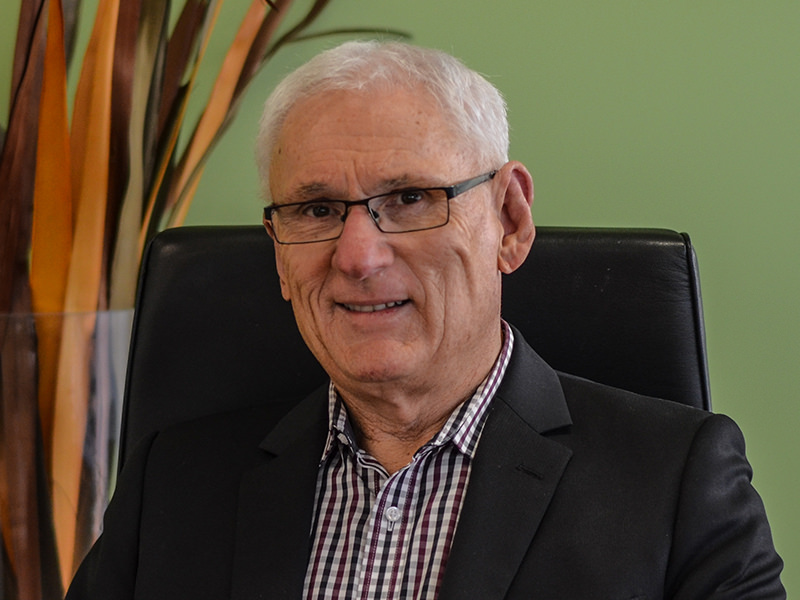 |
|
Wallara Logistics GM Garry Baker
|
It’s a sunny, late winter’s day when ATN visits Wallara Logistics, in Melbourne’s eastern suburb of Keysborough.
But the sun is also shining inside the warehouse for a unique group of workers who are getting more out of their employment than just a pay cheque at the end of the week.
Wallara Logistics is an arm of Wallara, a not-for-profit organisation set up in 1959 that now provides meaningful employment to people with intellectual disabilities. But don’t jump to conclusions.
General manager Garry Baker is quick to point out he doesn’t want people to get the wrong idea about what the organisation is about.
While it might be all heart, their real heart lies in providing a top quality, measureable 3PL service.
“We’re not standing out front holding a ‘Please help us’ sign,” Baker asays. “We market ourselves as a commercial operation.”
The 3PL side of the organisation is relatively new, beginning at a micro level in 2010. But its growth has been fast.
The warehouse space now covers over 8000 square metres. Business has grown over 400 per cent in six years, and boasts some enviable contracts.
Baker puts this down to their attention to detail, a hands-on approach and a clear understanding that it’s KPIs and customer testimonials that win contracts, not appeals to charity.
“We sell on commercial grounds,” he says. “There’s not one customer who has come to us because of social or corporate responsibility. Our nice back-story is second.”
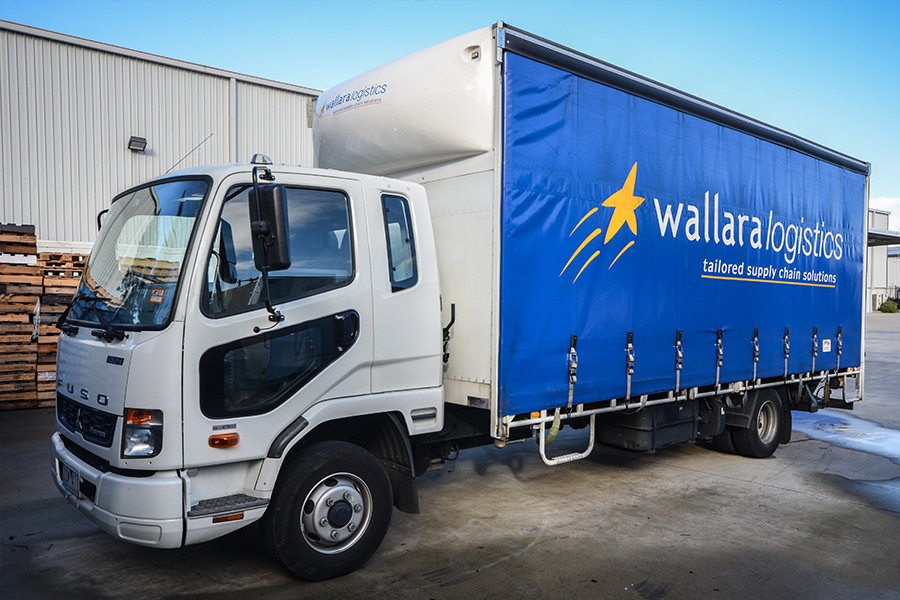 |
|
Wallara’s 10-tonne Fuso tautliner
|
All-round support
“We used to be referred to in the dim, dark ages as a sheltered workshop,” Baker says.
The new business model revolves around people with disabilities engaging with the workforce and the community to make them equal with anyone else in the community.
“That means doing a meaningful job and feeling part of the community. That builds their self-esteem.”
The workers with disabilities are called “supported workers.” The organisation also employs full-award staff to supervise and do quality-control checking.
“We don’t call it ‘disabilities’ here. We call it ‘different abilities.’”
Operations manager Simon O’Brien chimes in: “Or ‘diffabilities’.” It’s not just a feel-good phrase, either. If you know how to harness it right ‘diffabilities’ often give a better result.
The logistics arm of Wallara is divided into assembly and packaging in one warehouse, and 3PL warehousing in the other two.
The supported workers in assembly and packaging run a production line of packing, labelling, gluing and making up retail products for a diverse range of customers.
While it might be considered repetitive and tedious for some, it’s work that suits the skill set of the supported workers, Baker says.
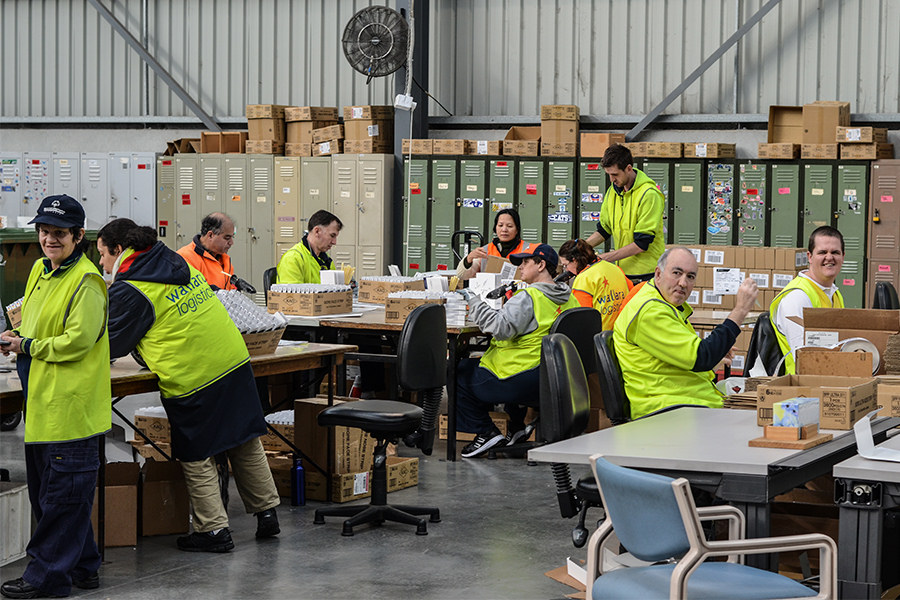 |
|
Supported workers in the packaging and assembly warehouse
|
The supported workers demonstrate a high degree of accuracy and aptitude for the tasks, owing largely to their unwavering dedication to following instructions.
“People with different abilities tend to listen to what you say. They don’t try to cheat the system, or try to find a short cut.
“Once you give them a process they stick to that process.”
This results in high accuracy when it comes to warehousing, according to Baker. It’s a matter of psyche.
Whereas to save time you or I might scan one box eight times when picking eight boxes of the same item, a supported worker will always scan every box individually.Everything is an individual pick.
“It takes longer but it’s more accurate,” Baker says. “Our customers love our accuracy.”
Supervisors also do a quantity check on a scan-pick before it’s packed, with everything having a secondary check.
“We know it’s been picked 100 per cent because of our process. There are SOPs for everything we do.”
Build it and they will come
Baker’s predecessor and the previous CEO signed a 10-year lease on the Keysborough building in 2010, but then left the organisation.
Baker stepped in, effectively inheriting a 10-year lease and no business. “We were lucky to get our first customer,” Baker says.
That was the collectable toy Beanie Kids. “And in 18 months we’d outgrown our factory, so we leased a second building next door.”
Over the next two years Wallara marketed heavily and won more customers, filling their 3500 square metre space.
The big Mary Kay contract came in 2014, and the firm is currently going through a contract renewal.
Win/win philosophy
One of the challenges any 3PL logistics organisation faces is convincing potential customers to use a 3PL in the third place. Wallara markets its pitch as, “We love doing the jobs you don’t.”
This is particularly true for the assembly and packaging side of the business. One of Wallara’s major clients is Mary Kay Cosmetics.
Out on the assembly floor raw cosmetic products arrive and are readied for assembly into retail packs.
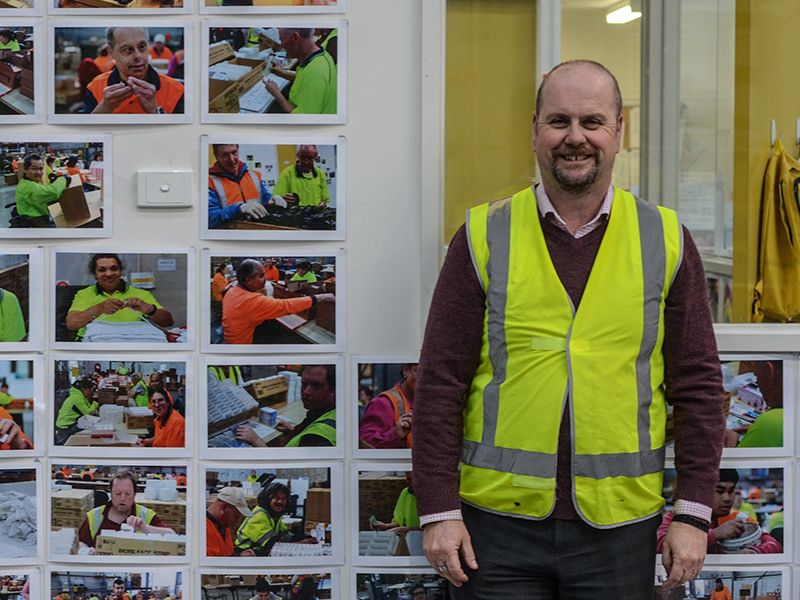 |
|
Wallara Logistics operations manager Simon O’Brien
|
Tables are set up in a communal area and the supported are each assigned a task. First the boxes are unfolded and made up.
That gets passed onto the tamper-seal table, before the boxes are glued, packed six to a box and stacked on a pallet ready to be transported to retail.
Wallara uses third parties mostly for its transport (usually Toll and StarTrack), but also runs a Fuso ten-tonne tautliner. The designated truck driver is usually supported worker Matt Hillas.
“I’ve worked here six years,” Hillas says. “I drive all over Melbourne and also wrap a lot of pallets here at the warehouse. I’ve made really good friends here.” Hillas got his MR licence while working at Wallara, part of an MR licencing intake that Baker was part of, too.
“We focus on training and development,” Baker says. “Five supported workers have their forklift licence, three have their MR licence and over twenty have their certificate two in warehousing and logistics.”
Baker says some of the workers were nervous about going for their MR licence, so to put them at ease he went for his at the same time.
“I scraped through,” he laughs, “but one worker got 100 per cent on the test, and all passed with flying colours.”
Baker says having their own truck gives them an edge because they can deliver customers a cheaper transport option, as well as providing fantastic experience for the supported workers.
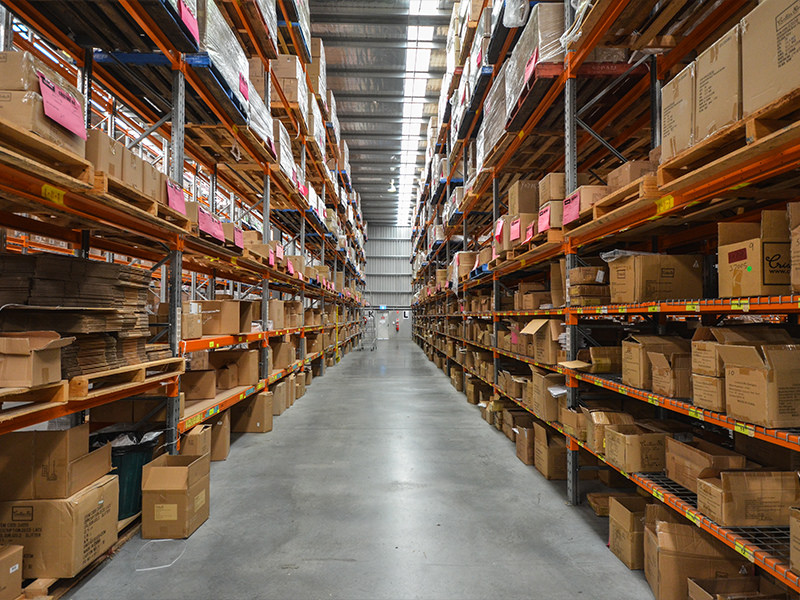 |
|
The clean racking lines at Wallara’s warehouse
|
An IT system that does the job
Wallara Logistics uses Australian-owned Concurrent Software’s SEQOS warehouse management software, which Baker describes as “quite remarkable.”
Simon O’Brien says the most remarkable part is perhaps its price.
“It’s exceptional when it comes to value for money, especially for a small- to medium-sized 3PL like us.
“It might not be as slick as some of the fancier systems but it does everything we ask it to do. And importantly it does everything our clients want it to do.”
O’Brien says the ability to tailor the system to the individual customer was also a big selling point.
“It’s very flexible. We ask customers what their requirements are and we build it within SEQOS.”
The warehouse operates first in, first out (FIFO), first expired, first out (FEFO), as well as batch control and auto-replenishing. SEQOS does all that.
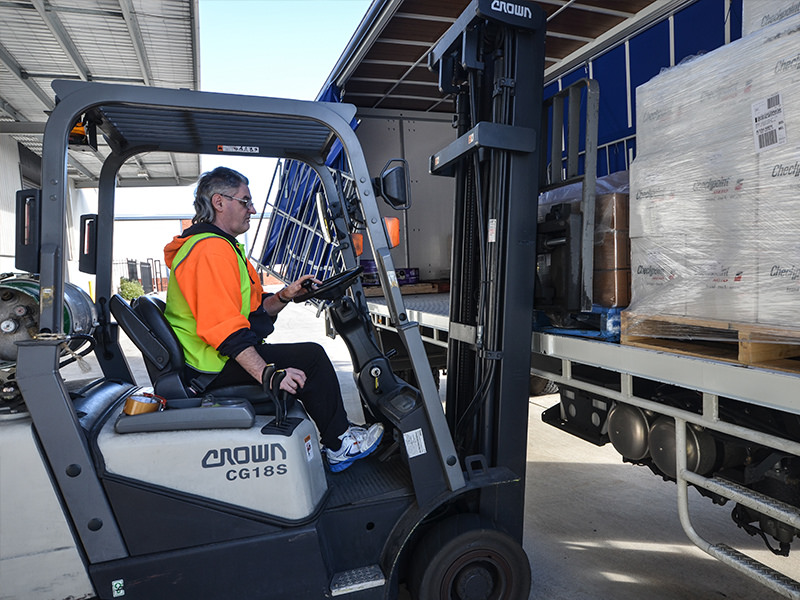 |
|
Con Kelly loads freight at Wallara’s Keysborough facility
|
Watching business like a Hawk
Everyone at Wallara Logistics would have been barracking for the Hawthorn Hawks no matter where loyalties lay as the team took the field in the 2015 AFL grand final.
A week earlier, Wallara landed the contract to warehouse their supporters’ merchandise. The Hawks were already a huge team and a huge brand, but things went wild at Wallara after the Hawks won the grand final by 46 points.
“We came in the day after the grand final and had 3000 orders waiting. We didn’t even have systems connectivity at that stage, so everything was done manually to get those orders through,” Baker says.
With the Hawks now on to their second contract renewal, they are one of the high-profile clients Wallara are proud to service.
As big as the Hawks’ row of racking is at Wallara, it doesn’t hold a candle to Mary Kay, which has its own warehouse.
Every item here is picked by a supported worker, using a three-digit code on the shelve that matches the item being picked.
If for some reason the numbers don’t match then the supported worker blows an air horn and a full-award supervisor will come and solve the issue.
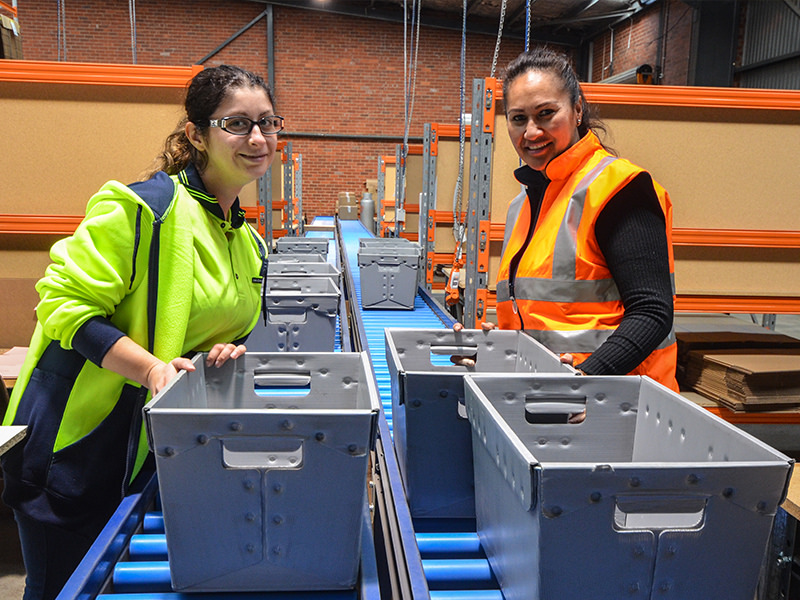 |
|
Supported worker Flory with warehouse team leader Mata at the busy conveyor
|
The bottom line is results
While Wallara Logistics provides a lot to its workforce, it’s what its workforce provides to customers that keeps them renewing contracts.
They are winning on price points and results.
“When we talk to new customers we develop a prospect on commercial grounds. Then we bring them here and show them what we’re about,” Baker says.
“Some aren’t particularly interested in the fact we employ people with different abilities, they just choose us on economic grounds. But the vast majority engage with what we’re doing.
“They want to come here and talk to the supported employees. We have a nice story, and our customers are part of that story.”
Check out the full article in the September edition of ATN. Subscribe here.

